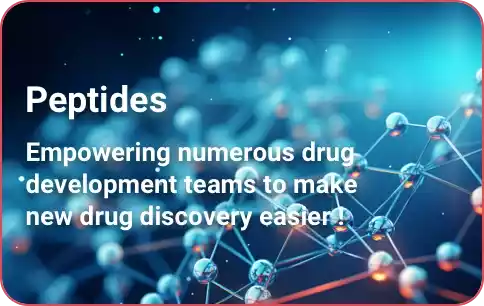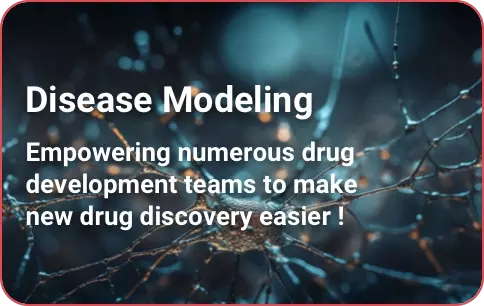Shopping Cart
Remove All Your shopping cart is currently empty
Your shopping cart is currently empty

We would love to know what you think, so we have included a feedback tab on every page.





















An essential round-up of science news, opinion and analysis, delivered to your inbox every weekday.
 Hello! How can I help you today?
Hello! How can I help you today? 
Copyright © 2015-2025 TargetMol Chemicals Inc. All Rights Reserved.

